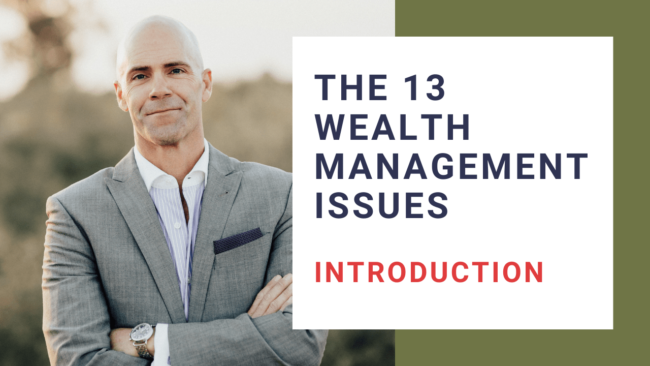
‘Tis the Season of Forecasts
It’s that time of year. No, not the holidays. It’s the time that every analyst, economist, and strategist will declare their financial forecasts for 2023. These forecasts come from well-educated, intelligent individuals – with many years of experience. Some of the forecasts will be made with much confidence. No matter. You shouldn’t heed them.
Folly of Forecasts
Historically, the accuracy of financial expert predictions is less than 50%.1 Why is that? It’s not that the experts aren’t intelligent or have bad information. It’s because the markets and economies are unpredictable. They always have been. The proof lies in the fact that no one has ever been able to consistently predict future market or economic outcomes.
Last month two highly experienced, well-known, and respected economists provided financial forecasts along with compelling evidence and arguments to support their forecast. Want to know what they said? The complete opposite of each other! One predicted market fragility and more frequent and violent economic shocks.2 The other said the inflation surge is over and expects the market to rally in December and continue into next year.3 Contradictory financial forecasts are commonplace because no one knows exactly how things will play out, despite relying on the same information.
Appeasing Uncertainty
Even when we understand that markets are unpredictable, we still want to read what the experts have to say. This is because our brain, while consisting of a lot of gray matter, hates gray areas. Not knowing can sometimes be worse than receiving bad news because the brain doesn’t know what decision to make today for a better future tomorrow.
Uncertainty is an inherent element of the markets. Rather than pretend some financial guru knows what will happen, it is best to understand the limits of our knowledge – and that of others. We should spend our time and attention on those things that are knowable (investment truths) and investment situations we control.
Having a durable investment strategy is essential. When we have a good plan we don’t need to worry about what will happen in the short term. We can allow our plan to guide our thoughts, perceptions, and actions. Do we invest based on the market movement, headline, or prediction of the day? Or do we invest according to a plan that follows enduring investment principles and is customized to our personal situation? We recommend the latter.
If you’re considering working with us here at Mosaic, we invite you to learn more about who we serve and how we help them. You can also contact us with any questions you have.
Watch our Psychology of Financial Decision making video of this article:
If you would like to learn more about this subject please contact us and we’ll be happy to help.
By Anthony C. Williams, CWS, ChFC, MRFC, CLU | Investment Advisor Representative | President & Founding Partner of Mosaic Financial Associates & Orthopaedist Advisory Group | Securities and advisory services offered through Cetera Advisors LLC, Member FINRA/SIPC, a broker/dealer and a Registered Investment Advisor. Cetera is under separate ownership from any other named entity.
©The Behavioral Finance Network
CXO Advisory. Guru Grades
https://markets.businessinsider.com/news/currencies/top-economist-mohamed-el-erian-recession-global-economy-federal-reserve-2022-11
https://www.cnbc.com/2022/11/21/stocks-could-rally-as-much-as-20percent-in-2023-whartons-jeremy-siegel-says.html
Photo by Davies Designs Studio on Unsplash.







